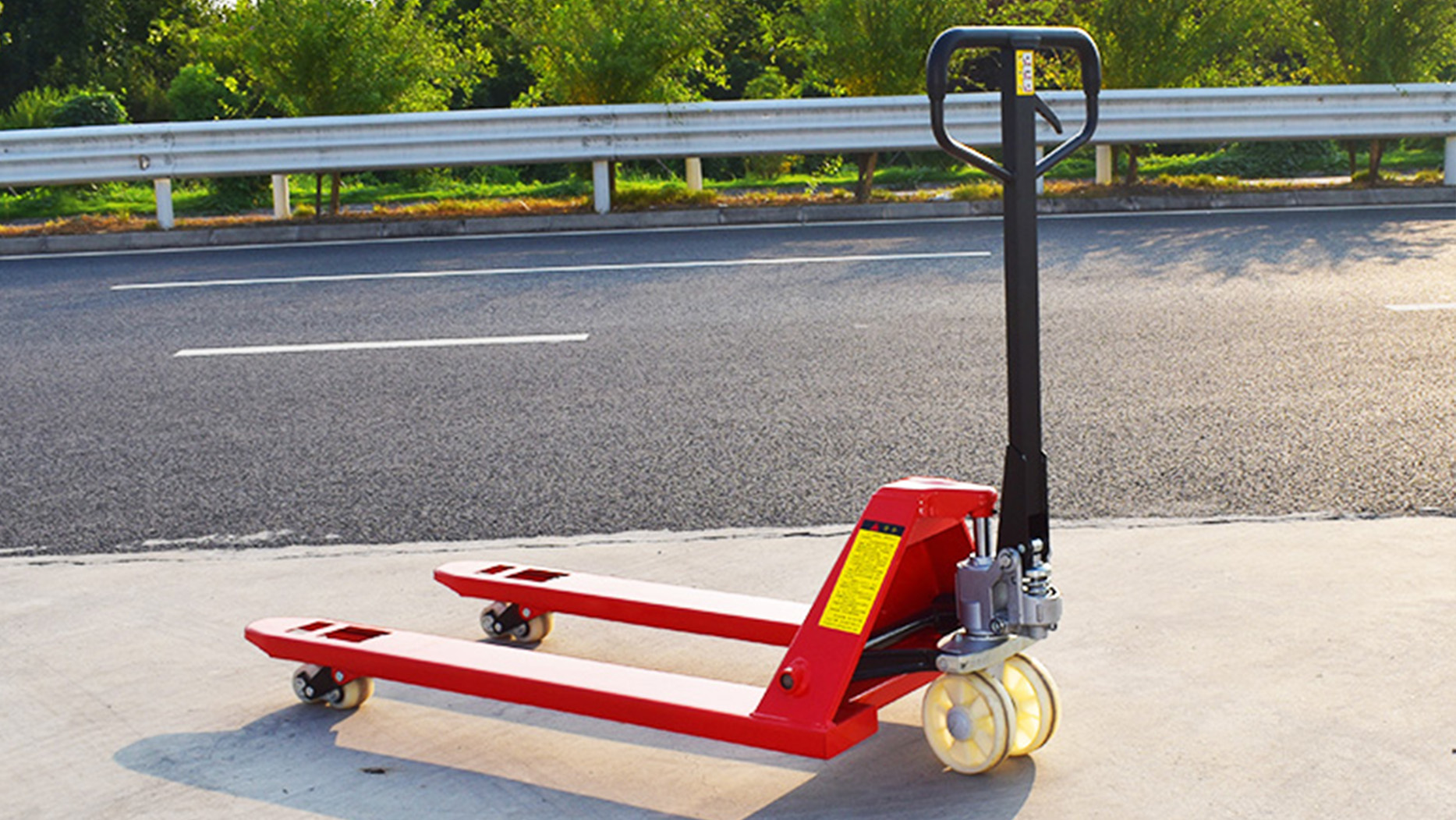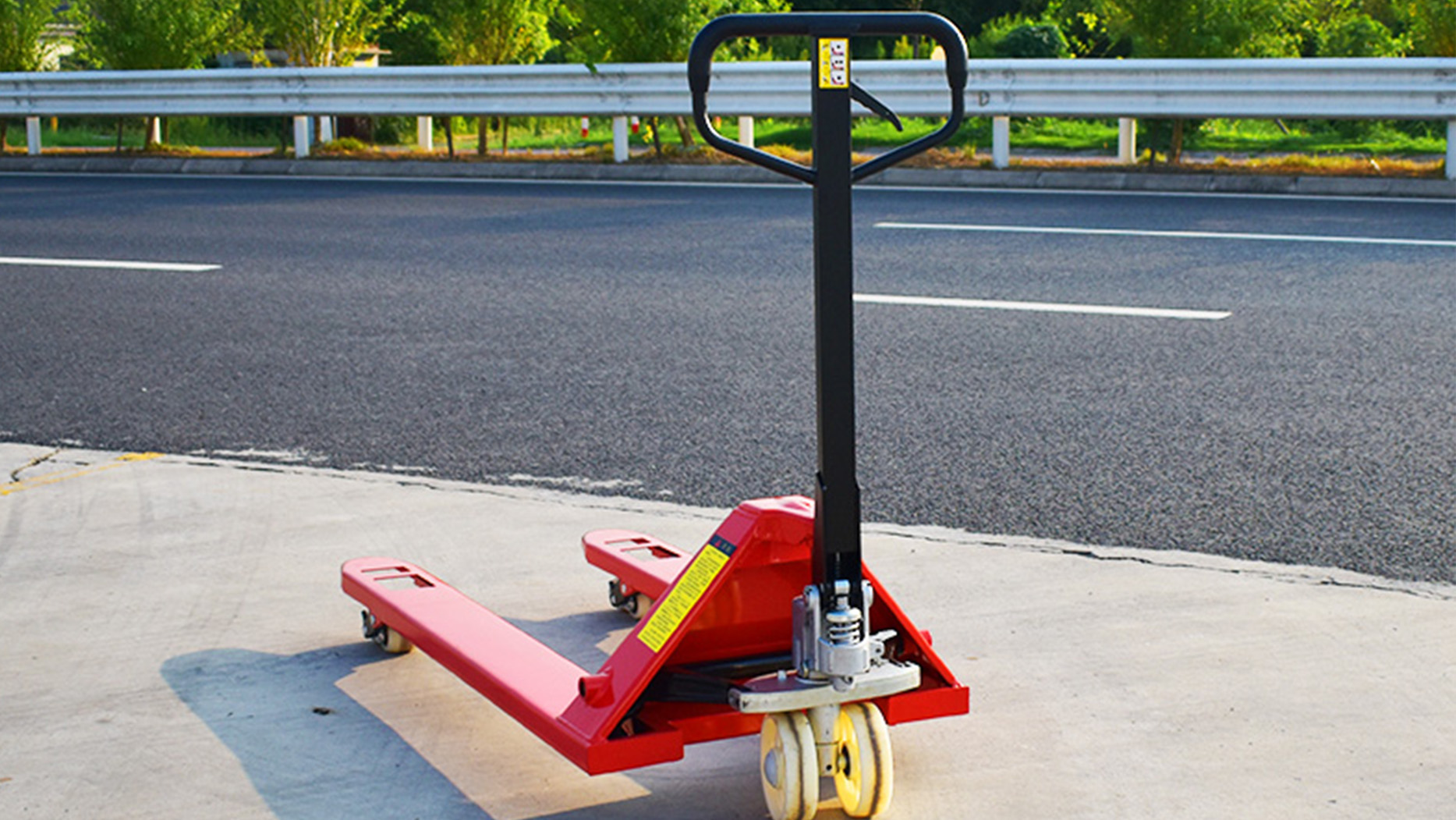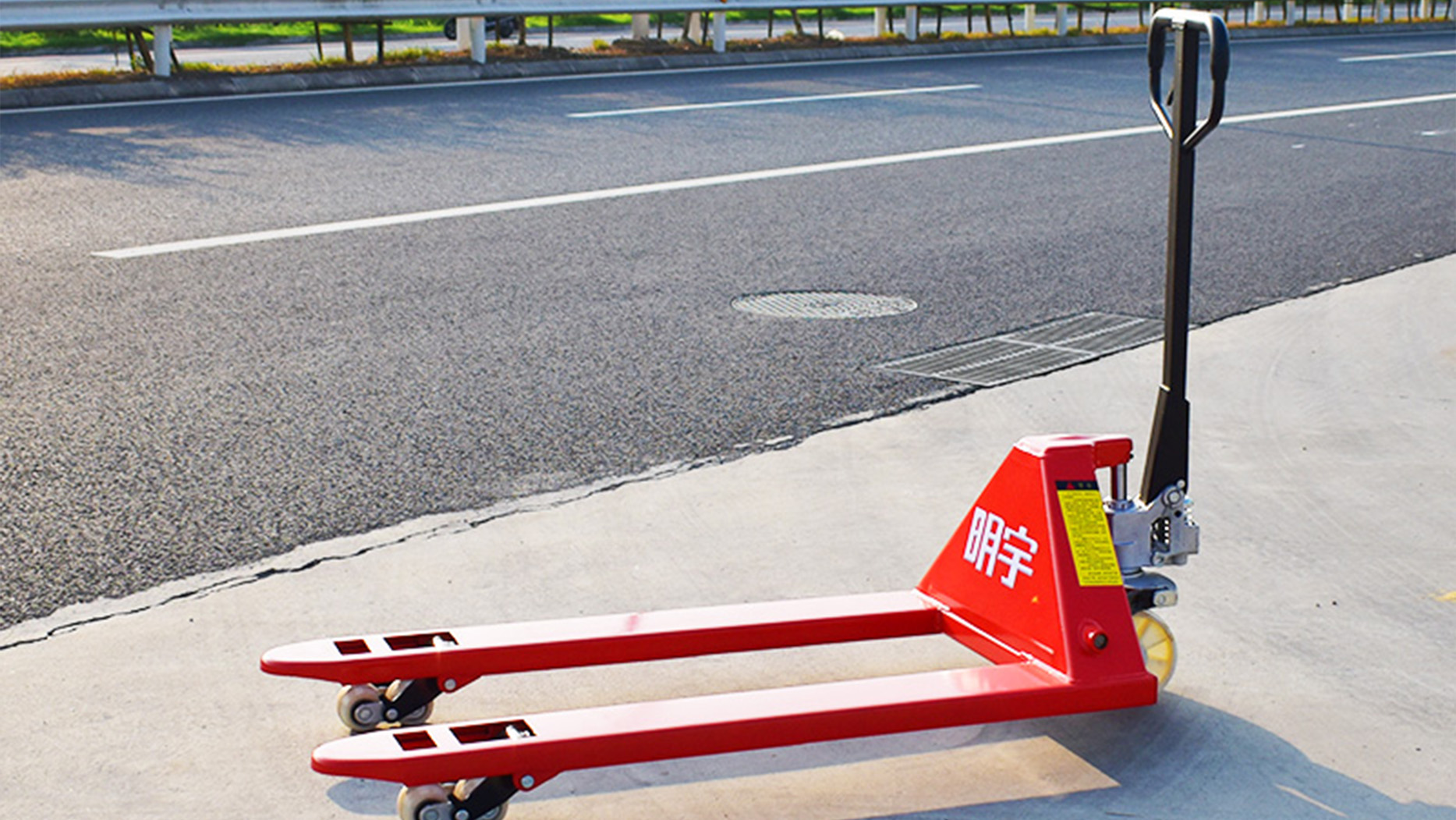However, if you're asking "What is the price of a 3 ton pallet truck?", you'll quickly realize that the answer is far from a simple number. The cost can vary dramatically, ranging from a few hundred dollars for a basic manual model to well over ten thousand for advanced electric units. This wide spectrum is influenced by the type of pallet truck, its features, brand, condition (new or used), and even the vendor you choose.
Understanding these factors is crucial for making an informed purchasing decision that aligns with your operational needs, budget, and long-term efficiency goals. This detailed guide will break down the pricing landscape of 3-ton pallet trucks, helping you navigate the options and find the perfect fit for your material handling requirements.
Understanding the Types of 3-Ton Pallet Trucks
Before diving into prices, it's essential to differentiate between the various categories of 3-ton pallet trucks, as their functionality and complexity directly impact their cost.
Manual Pallet Jacks (Hand Pallet Trucks):
These are the most basic and economical. Operated manually, they use a hydraulic pump activated by a hand lever to lift loads a few inches off the ground, and are then pushed or pulled by hand.
Ideal For: Light, intermittent use, short distances, small warehouses, retail backrooms, or as a backup unit.
Electric Pallet Jacks (Walkie Pallet Trucks):
These powered units use an electric motor for both lifting and driving, significantly reducing operator effort and increasing efficiency, especially over longer distances or for frequent use. The operator typically walks behind the unit.
Ideal For: Medium-duty applications, larger warehouses, consistent use, and situations where operator fatigue is a concern.

Ride-On Pallet Trucks:
An evolution of the electric pallet jack, these feature a platform or small cabin where the operator can stand or sit, making them ideal for very long hauls, high-volume operations, and larger facilities.
Ideal For: High-throughput distribution centers, cross-docking operations, and applications requiring rapid transportation of goods over extensive areas.
Specialized 3-Ton Pallet Trucks:
Beyond the main types, there are specialized versions designed for unique environments or tasks:
Rough Terrain Pallet Trucks: Equipped with large pneumatic tires and higher ground clearance for use on uneven outdoor surfaces (e.g., construction sites, nurseries).
Weighing Pallet Trucks: Integrate a scale directly into the forks, allowing for simultaneous weighing and transport of loads, ideal for shipping or inventory management.
Scissor Lift Pallet Trucks: Can lift pallets to a higher ergonomic working height (typically 30-36 inches), acting as both a pallet truck and a mobile lift table.
Stainless Steel/Galvanized Pallet Trucks: Designed for hygienic or corrosive environments (e.g., food processing, pharmaceuticals, chemical industries).
Key Factors Influencing the Price of a 3 Ton Pallet Truck
The price tag on a 3-ton pallet truck is a culmination of several critical factors:
Type of Pallet Truck: As outlined above, this is the primary determinant. Manual is cheapest, followed by electric walkies, then ride-ons and specialized models.
Brand and Manufacturer:
Premium Brands: Established manufacturers like Toyota, Crown, Hyster, Raymond, Jungheinrich, and Clark often command higher prices due to their reputation for durability, advanced technology, extensive dealer networks, and strong resale value.
Mid-Range & Economy Brands: Many reputable brands offer competitive features at more accessible price points.
Generic/Imported Brands: While often the cheapest upfront, buyers should research their quality, warranty, and parts availability carefully.
 Features and Technology (Especially for Electric Models):
Features and Technology (Especially for Electric Models):
Battery Type:
Lead-Acid Batteries: More common and lower initial cost, but heavier, require more maintenance (watering), and have longer charging times.
Lithium-Ion Batteries: Higher initial cost, but offer faster charging, opportunity charging (no need for a full charge cycle), longer lifespan, no maintenance, and consistent power output throughout discharge. This is a significant premium.
Motor Type: AC motors typically offer better performance, energy efficiency, and lower maintenance than older DC motors.
Controls: Ergonomic handle designs, fingertip controls, advanced braking systems, and programmable speed settings can add to the cost.
Safety Features: Auto-braking, anti-rollback, horn, safety lights, pedestrian awareness systems.
Fork Specifications: Standard fork length (e.g., 48"), width (e.g., 27"), low-profile forks for specialized pallets, or extra-long forks.
Build Quality & Materials: The gauge of steel used, welding quality, type of wheels (nylon for hard floors, polyurethane for noise reduction, rubber for traction), and hydraulic pump quality all affect durability and price.
New vs. Used:
New: Offers the latest technology, full warranty, and often included service packages. Higher upfront cost, but lower risk of immediate repairs.
Used: Significant cost savings (often 30-70% less), but carries inherent risks of wear and tear, potential hidden issues, and often limited or no warranty.
Refurbished/Certified Pre-Owned: A middle ground, often coming with a limited warranty after inspection and repair by a certified dealer.
Dealer vs. Online Retailer:
Dealer: Typically offers professional advice, financing options, maintenance services, parts availability, and warranty support. Prices might be higher but include added value.
Online Retailer: Can offer competitive prices, especially for manual or basic electric models, due to lower overhead. However, after-sales support, parts, and service might be more challenging.
Warranty and Service Plans: Longer warranties or included preventative maintenance plans can increase the initial price but reduce long-term operating costs and provide peace of mind.
Delivery and Setup Costs: Don't forget to factor in transportation fees, especially for larger electric units.
 Beyond the Purchase Price: Total Cost of Ownership
Beyond the Purchase Price: Total Cost of Ownership
When budgeting for a 3-ton pallet truck, it's vital to consider the total cost of ownership, not just the upfront purchase price.
Maintenance & Repairs: All machinery requires maintenance. Electric units have batteries and motors, requiring charging infrastructure and occasional component replacement. Manual units require less, but still need hydraulic fluid, wheel replacement, and lubrication.
Battery Costs (for Electric): Lead-acid batteries have a finite lifespan (typically 3-5 years) and are expensive to replace (thousands of dollars). Lithium-ion batteries have a longer lifespan but a higher initial cost. Electricity costs for charging also contribute to operating expenses.
Wheel Replacement: Wheels (nylon, polyurethane, rubber) wear out over time, especially with heavy loads or rough surfaces.
Operator Training: Ensuring operators are properly trained on safe operation and daily checks.
Insurance: Depending on your operation, insurance might be required.
New vs. Used vs. Rental: Which Option is Right for You?
Buy New If: You need the latest technology, a full manufacturer's warranty, guaranteed reliability for critical operations, or plan for long-term heavy use. The higher initial investment is offset by potentially lower long-term maintenance costs and higher efficiency.
Buy Used If: You have budget constraints, need a pallet truck for occasional use, or are familiar with equipment maintenance. Inspecting the unit thoroughly and ideally getting a professional assessment is crucial to avoid hidden costs.
Rent If: You have a very short-term project, fluctuating material handling needs, or want to test a specific model before committing to a purchase. Rental rates often include maintenance, simplifying your budgeting.
Conclusion: Value in Every Lift
The question "What is the price of a 3 ton pallet truck?" reveals a diverse market driven by technology, build quality, and specific operational requirements. From a basic manual hand jack costing a few hundred dollars to a sophisticated ride-on electric unit reaching tens of thousands, the range is extensive.
Your decision should be guided by a clear understanding of your daily operational needs, the volume and type of loads you're moving, the work environment, and your overall budget – including both the upfront purchase price and the long-term cost of ownership. Investing in the right 3-ton pallet truck means more than just a purchase; it's an investment in the efficiency, safety, and productivity of your material handling operations.
By carefully considering all these factors, you can find a 3-ton pallet truck that not only fits your budget but also elevates your logistical capabilities for years to come.
Post time:Jun.02.2025
